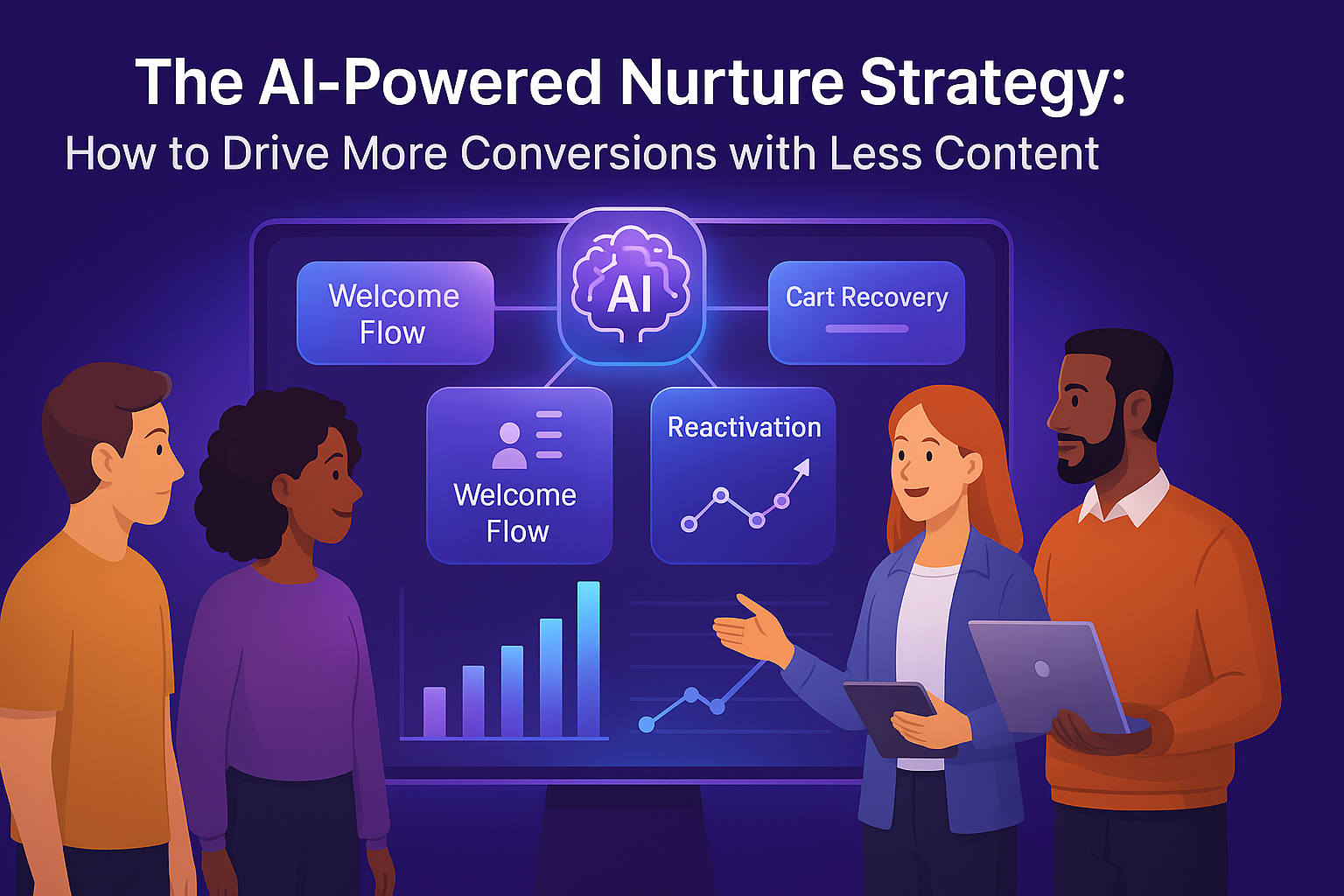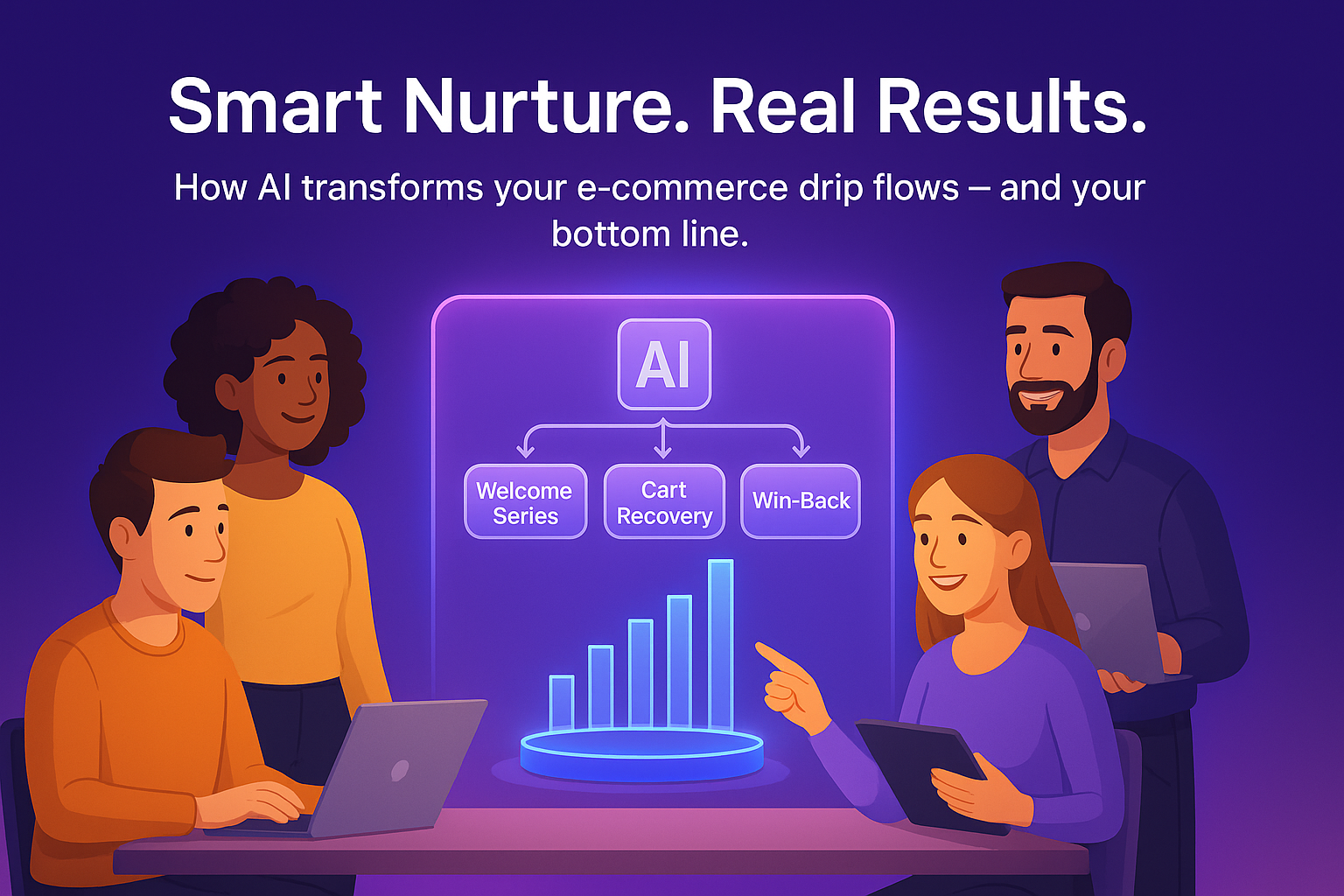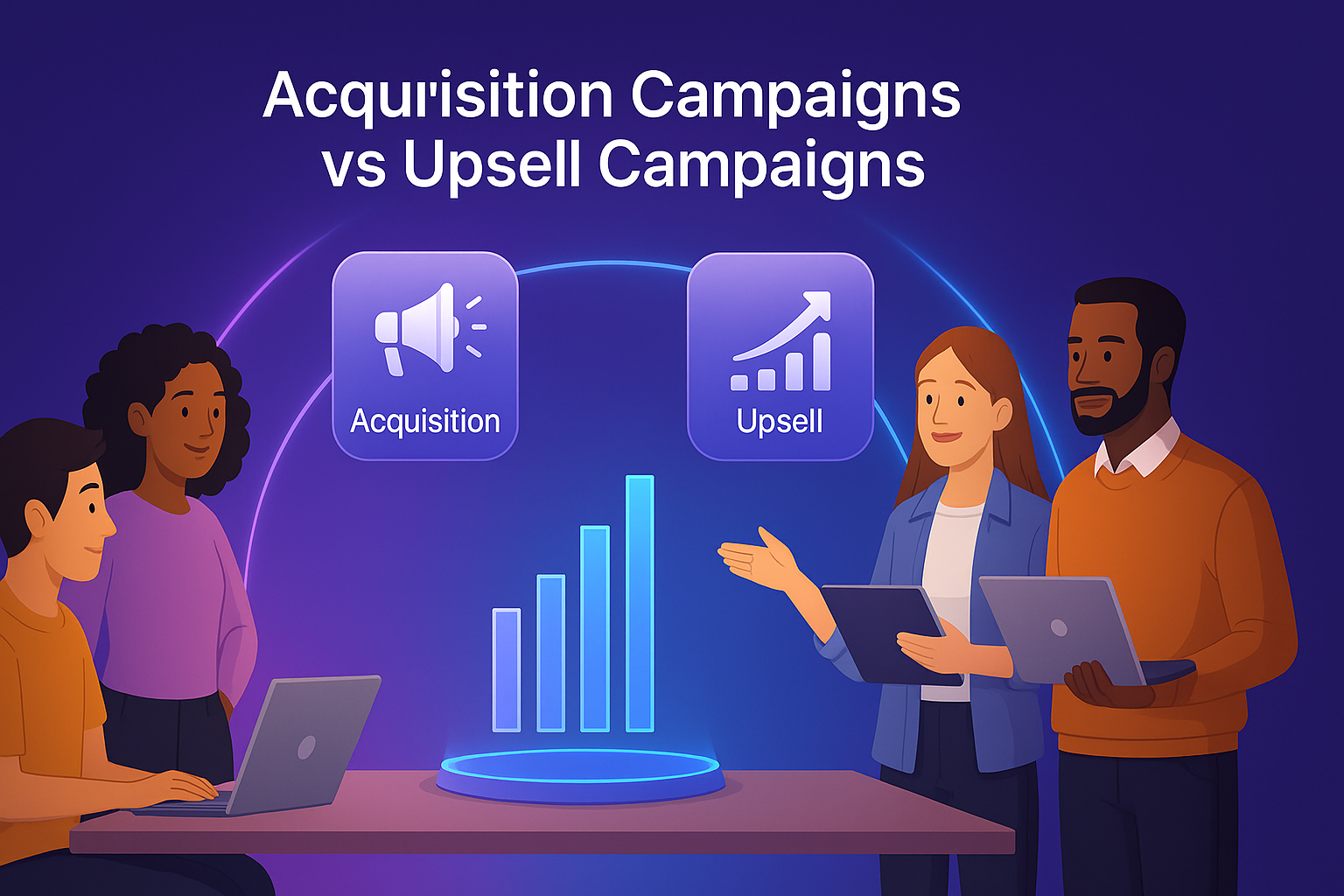AI and Human Creativity: Competition, Collaboration, or the Future of Marketing?
In 2011, IBM’s Watson made history by defeating human champions on Jeopardy!. It was a turning point, demonstrating that artificial intelligence could not only process vast amounts of data but also outperform human intelligence in specific tasks. Fast forward to today, and AI has evolved far beyond trivia—it writes articles, designs advertisements, composes music, and even personalizes entire marketing campaigns.
This rapid progress raises a fundamental question:
Where does human creativity stand in an AI-driven world?
Will AI replace creative professionals? Will it compete with them? Or is the future one of collaboration, where AI enhances human ingenuity rather than replacing it?
Let’s explore the impact of AI on marketing and creativity—and what it means for the future of the industry.
.png)
The Rise of AI in Marketing: A New Era of Efficiency
AI has transformed marketing by automating processes that once required extensive time and resources. With machine learning and natural language processing, AI-driven tools like ChatGPT, DALL·E, and Mozart can:
- Generate high-performing content at scale – From crafting multiple ad variations to personalizing emails for thousands of customers.
- Analyze consumer behavior with precision – AI processes vast datasets to identify trends, preferences, and engagement patterns faster than human analysts.
- Optimize campaigns in real-time – By continuously testing and refining messaging, AI ensures that brands maximize ROI with minimal effort.
This level of efficiency and automation is reshaping marketing. AI doesn’t experience creative blocks, fatigue, or missed deadlines. It operates at speed and scale, making it an indispensable asset.
But is efficiency the same as creativity?
The Human Element: Creativity AI Can’t Replicate (Yet)
While AI excels at pattern recognition, optimization, and automation, it lacks the fundamental human experiences that fuel true creativity:
- Emotional depth – AI can write a poem, but it has never experienced love, loss, or joy.
- Cultural nuance – It can generate a meme, but it doesn’t understand humor in the way humans do.
- Storytelling intuition – It can analyze past successes, but it can’t predict the next cultural moment that will define a generation.
Some of the most iconic marketing campaigns—like Apple’s Think Different, Nike’s Just Do It, and Dove’s Real Beauty—weren’t just about effective messaging. They connected with audiences on a deeper, emotional level. They challenged norms, evoked empathy, and sparked movements.
Could AI generate the copy for these campaigns? Perhaps.
But the soul of these campaigns—the cultural insight, the emotional intelligence, and the human intuition behind them—remains uniquely human.
.png)
The Future Is Not AI vs. Humans—It’s AI + Humans
The real opportunity in marketing is not choosing between AI and human creativity—it’s leveraging both. The most successful marketing strategies of the future will integrate AI’s analytical power with human emotional intelligence.
Here’s how brands can make the most of this synergy:
- Use AI for data-driven insights.
AI can analyze audience behavior, predict trends, and generate content ideas based on real-time data. It provides the foundation for informed decision-making. - Refine with human creativity.
While AI can draft messaging, it’s the human touch that refines and elevates it. Marketers must inject authenticity, cultural awareness, and emotional resonance into AI-generated content. - Optimize continuously.
AI can track engagement metrics and suggest refinements. Marketers can use these insights to iterate and improve messaging, ensuring that campaigns remain relevant and impactful.
This combination creates a competitive advantage: the speed and precision of AI, paired with the depth and nuance of human creativity.
Winning in the AI-Driven Marketing Era
AI is not a threat to marketers—it’s an enabler. By automating repetitive tasks and providing data-driven insights, AI allows creative professionals to focus on what they do best: storytelling, strategy, and emotional connection.
As we move into a future where AI becomes an even greater force in marketing, the question is not whether AI will shape the industry—it already has. The real question is how brands will integrate AI and human creativity to drive more meaningful engagement.
At Mozart, we believe the answer lies in partnership. AI is the engine, but human creativity is the driver. And together, they are shaping the future of marketing.
How is your organization leveraging AI in marketing? We’d love to hear your perspective.
Until next time,
The Mozart Team
P.S. Stay ahead of the curve. Subscribe to Mozart Insights for more in-depth analysis on AI, marketing trends, and the future of creativity. 🚀







